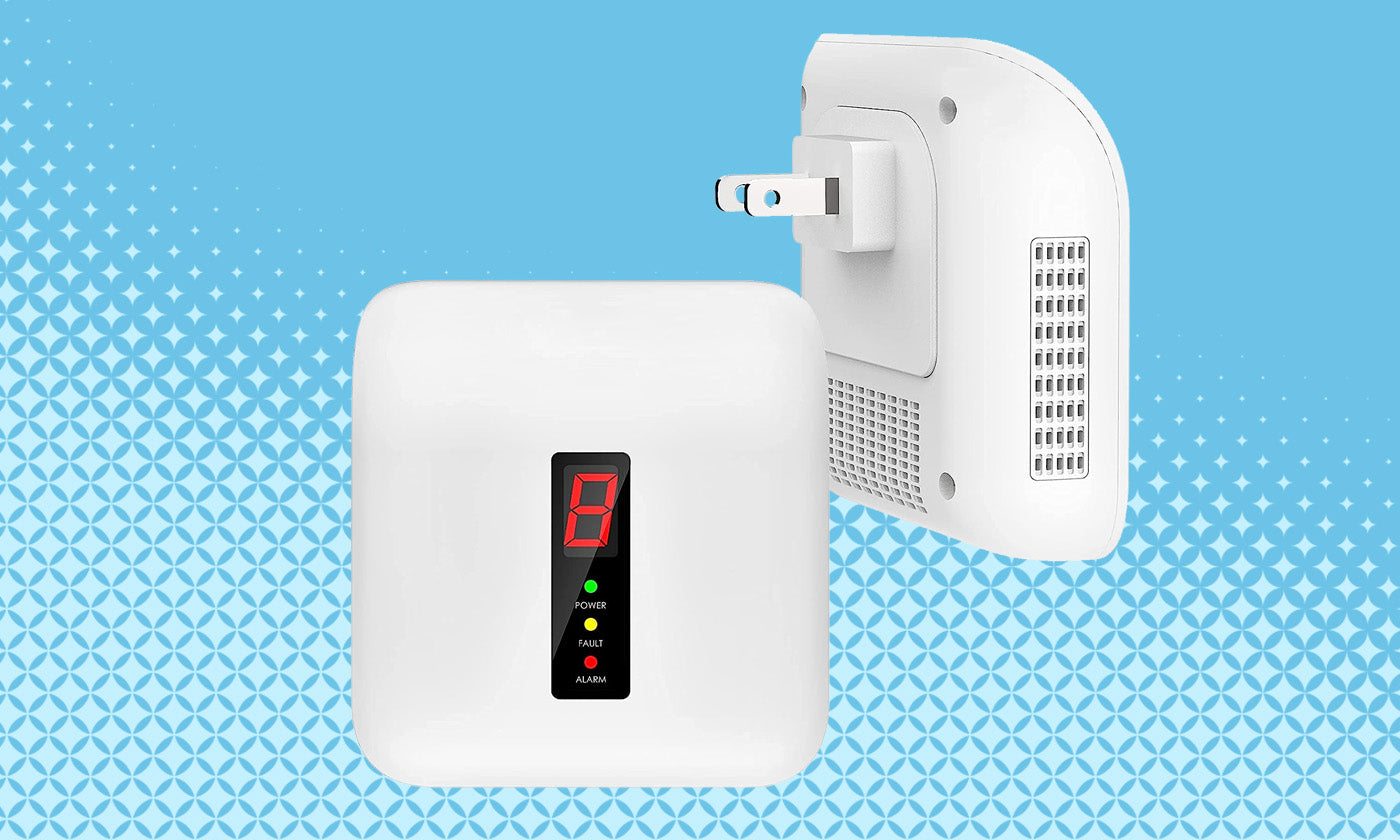Even common kitchen appliances like gas stoves have been making a splash recently, serving as the focus of news articles and political debates that claim they cause indoor air pollution and have potentially dangerous effects.
All homeowners worry about the safety of their homes, and for good reason.
If you have natural gas appliances, here are some smells to look out for in your home, what you should do if you notice them, and some things to keep in mind to keep everyone in your house safe:
Natural Gas
Natural gas is odorless in it’s original state. But, to protect us from this silent threat, the chemical—mercaptan—is added, giving it its infamous rotten-egg stench. If you smell this anywhere in your home, notify everyone inside and leave immediately. Do not turn on/off any appliances or lights and then call for assistance. Natural gas detectors are the proven solution to prevent leaks or deadly explosions before they occur.
Smoke
Usually, when people think of smoke, they think of big, billowing fires—but that’s not always the case. Even a faint smell of smoke can indicate a budding electrical issue in your home, especially if you only notice the smell in a specific room or when using a certain appliance. Over time, this can lead to a much larger problem, including a fire in your home. Always install a high-quality and functional smoke detector, and exit immediately if you smell it somewhere in your home.
Musty Odor
Musty odors are a pungent, moist smell that typically accompanies the presence of mold. If you smell this in your home, you could have a leaky sink or broken pipe somewhere. Mold thrives in dark and wet environments and can aggravate your breathing, so be sure to check under your sinks regularly. If you can’t find the source of the smell, it may be in your walls; call for assistance and get an expert to help you identify the source of the leak.
Keep This in Mind
When setting up your home safety plan, here are some essential things to remember:
Know your home
Do you have natural gas appliances? If so, how many natural gas appliances do you have, and where are they located in your home? If you have natural gas appliances of any kind (stove, fireplace, water heater, furnace, dryer, etc.), you’ll need a natural gas alarm in each room where a natural gas appliance exists.
Related post: Top 8 Signs of Unsafe Natural Gas Appliances
Know your products
Do you have any detectors in your home? What are their functions, and where are they placed? If they’re battery-operated, when was the last time they were replaced? Knowing the function and location of these devices will help you identify the nature of the emergency if an alarm sounds. Note – home natural gas alarms must be 100% battery-operated and non-plug ins. This is because natural gas rises to the ceiling and your alarm must be installed near the ceiling to alert you faster.
Remain informed
Be sure to educate your children, roommates, or anyone else staying in your home about all appliances and what to do if an alarm goes off. This will ensure that everyone remains safe and prepared if a natural gas leak, fire, or other emergency occurs in your home.
Denova Detect Natural Gas Alarms Could Save Your Life
Dependable and accurate natural gas leak detectors are essential in ensuring the safety of yourself and your home. At New Cosmos, we prioritize your safety above all else and offer guaranteed products that will always support you. Our DeNova Detect natural gas alarms utilize superior patented sensor technology to quickly notify you of a leak, surpassing any other natural gas detector on the market.
You gain 11 minutes more escape time with our early warning detection technology (10% LEL) versus plug-in alarms (20-25% LEL). Our exclusive MEMS gas sensor technology provides the most power-saving energy available (600 times more in fact) for added cost savings.
Interested in a DeNova Detect natural gas detector?
Learn more about our alarm features and benefits at the Denova Detect website or contact us at info@denovadetect.com.





Leave a comment
This site is protected by hCaptcha and the hCaptcha Privacy Policy and Terms of Service apply.